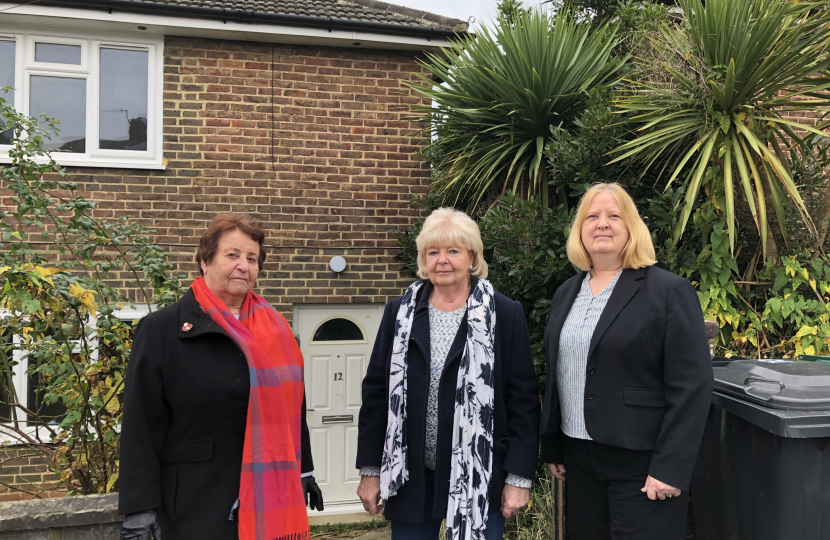
Council tenant and leaseholder associations have demanded urgent action from the council to address safety issues on the city’s council housing estates.
In recent weeks there have been questions and criticisms levelled at the council over its policies, including its lack of cooperation with the police force on serious antisocial behaviour issues; and a failure to use all the powers at its disposal to address problem tenants that are causing misery for neighbours.
Residents of Craven Vale– a council housing estate on the western side of Whitehawk Hill - have brought these concerns into the spotlight light after struggling to get the council to cooperate with the police over the recent incidents of violent drug dealing on the estate and to remove problem tenants that are terrifying the community.
In an article in The Argus, the residents of Craven vale reported that the situation has become so bad that many are scared to leave their homes: Indeed some were even too afraid to attend a recent community meeting on the issue where the police were present.
Residents of Craven Vale have said that they are happy with the Police and the Police Community Support Officers but feel ‘hamstrung’ by the council that is on a different page altogether
The lack of cooperation from the council has come on two fronts. First, council tenants have said that the City Council has not been sharing its CCTV footage when requested by Sussex Police. This is making it difficult for the police to prosecute and deal with the serious issues that are occurring.
Second, the Council has also not been using its available powers under the Anti-social Behaviour Crime and Policing Act 2014 to their full extent to issue criminal behaviour orders and closures or community protection orders in the way the law was intended to tackle anti-social behaviour. Under the Council’s current policy, it only uses such orders to address issues in temporary housing, but not full tenancies, meaning that in the case of Craven Vale the council is declining to use its powers to address the problems and leaving residents unprotected.
Councillor Meadows has called for an investigation into why the Anti-Social Behaviour Crime and Policing Act 2014 is not being used to its full extent by the Housing Department and calling for a commitment to ensure that it is used to its full extent to assist council housing estate tenants going forward. The misery caused to residents on some council estates from antisocial behaviour could be addressed by a simple change in this council policy.
There are several other contributing factors from the council to the problems that being experienced by council tenants and leaseholders on the council’s housing estates.
One of the main issues in our view is the council’s decision to end estate inspections four years ago. The Council’s Housing Officers used to conduct fortnightly ward inspections of the council’s housing estates, which the ward councillors also attended. In the Hangleton & Knoll ward for example, these inspections used to take place on Tuesday mornings, every fortnight. They were always in the diary - sometimes the Housing Department had to cancel but not very often.
These inspections were warmly welcomed by the residents and helped resolve issues promptly that had emerged on the estates and put a human face to the council’s housing department.
However in 2018 the then Labour Council decided to change all this and bring in a different system of Field Officers under its new policy and the regular estate visits immediately stopped. The problem is that field officers have responsibilities for seven areas, not just housing. There is a sense that Field Officers are more focused on people dropping cigarettes in the city centre than visiting the housing estates to engage with issues there.
Another problem is the Council’s allocations policy and lack of adherence to the tenancy pathway. The Council now puts homeless people at the top of its allocations policy for council houses - but often does not do enough to get these vulnerable people ‘tenancy ready’. For example, the Council has been putting vulnerable people with serious addictions into council homes without any support. When addictions have not been addressed, this brings problems to the community and allows drugs to get a foothold on the estates.
It is becoming clearer that a gulf has opened up between the council’s housing department and housing tenants. The regular visits from housing officers have stopped and tenants are now no longer able to visit the housing offices as they used to before the pandemic as these offices are not open any more. The Greens and Labour have a Coalition in housing in accordance with their memorandum of understanding and need to get their act together and fast.



